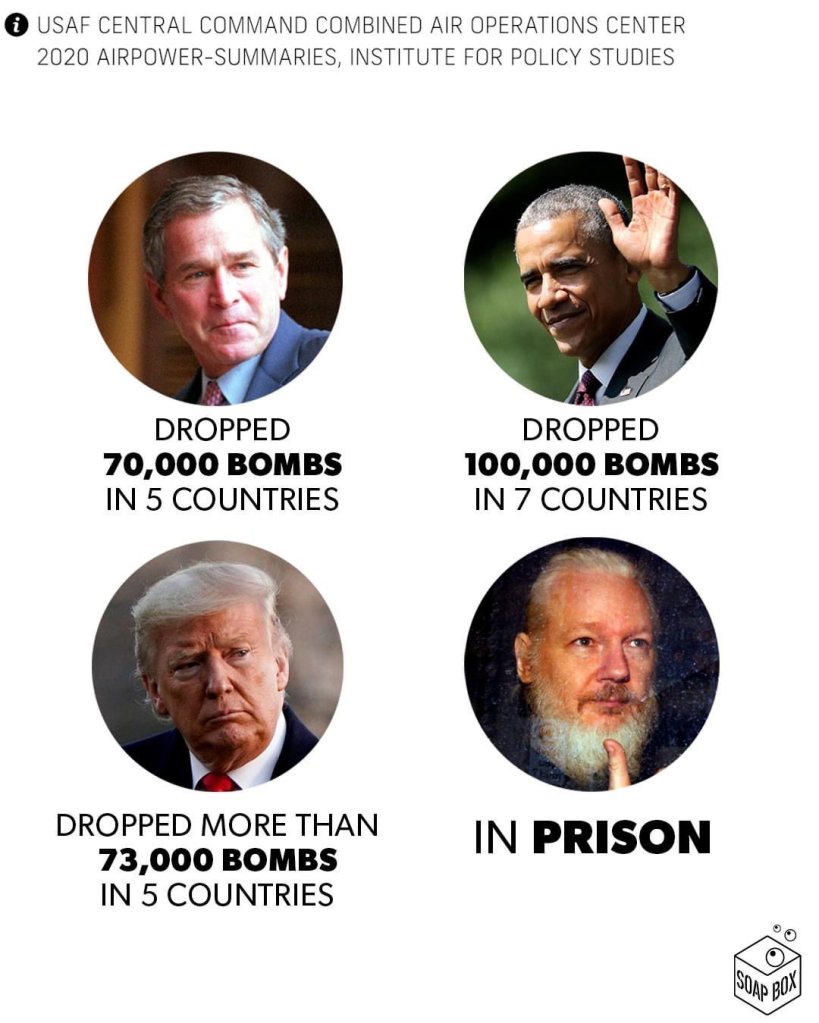W.J. Astore
I subscribe to a news feed called “Breaking Defense” (the name may be more ironic than the site creators intended). I saw this advertisement today, which sums up much of what is common in America, where jargon substitutes for thought:
Kratos’ next generation unmanned aerial target drones and their capabilities continue to evolve to represent ever changing, evolving threats from near-peer adversaries to best prepare the American warfighter while keeping costs down for the American taxpayer.
I know nothing about the company (Kratos), but it does appear to have a good command of Pentagon jargon. Those “near-peer adversaries” (meaning China and Russia, mainly). Those “ever changing, evolving threats.” And of course the almost obligatory appeal to the “warfighter.”
From this ad (and others like it), it’s simply assumed that America will always be at war. There’s also an assumption that Americans fall into two basic categories: warfighters and taxpayers. Warfighters are the doers, the hard men and women on the front lines, deserving of everlasting support and praise, and the taxpayers are there to fund it all and cheer along. Naturally, there’s no mention of “peacemakers.”
If we truly want to keep costs down for the American taxpayer, maybe we shouldn’t buy any of these target drones?
In the same email send-out, here’s a sample of the articles at “Breaking Defense”:
For Space Force, it’s acquisition, acquisition, acquisition: 2022 PreviewIn 2022, the Pentagon will need to see real movement on acquisition reform to reduce long understood vulnerabilities that have been essentially ignored for many years.
The Pentagon’s new strategy might already be behind the times: 2022 Preview
A Russian invasion of Ukraine could derail the Defense Department’s planning.
For the Army, looming budgets and multi-domain everything: 2022 Preview
Here’s the key Army storylines we’ll be tracking at Breaking Defense next year.
Seems like the “Space Force” will be spending lots of money in 2022 due to “vulnerabilities.” Meanwhile, a Russian invasion of Ukraine might “derail” the DoD’s “new strategy.” And the Army is looking at “multi-domains,” which I assume is a smart way for the Army to expand its budgetary reach in the new year.
Nice to know the Pentagon has a new strategy, but how could a Russian incursion into Ukraine derail it? If the U.S. invaded Mexico, would that derail Russia’s defense planning? Or China’s?
Here’s another ad from a different “Breaking Defense” send-out.
Systel’s fully rugged computing solutions are purpose-built for the most demanding environments and workloads. High performance, SWaP-optimized, single LRU solutions supporting edge AI and force-protection missions. MOSA/CMOA, SAVE, and GCIA-compliant. Fully rugged, configurable, and modular. Centralized sensor ingest and data fusion support.
Ah, the good old days of military acronyms! Again, I know nothing about Systel, but the company has a solid command of opaque acronyms. Even the ad has redundancy in the sense that it mentions “fully rugged” twice! Note the mission of “force-protection,” as in keeping U.S. “warfighters” safe while in harm’s way.
Maybe we should keep our troops safe by not putting them in harm’s way, unless the defense of America truly requires it?
There’s nothing special about these ads or stories, which is why I cite them here. Just another day in the American empire of warfighters buying weapons systems to force-protect and confront near-peer threats out to exploit our vulnerabilities across multiple domains. Or, put simply, multi-domain everything!
Happy New Year, everyone.


 He may need a bigger chest for all those ribbons
He may need a bigger chest for all those ribbons  Petraeus: 10 rows…
Petraeus: 10 rows… Photo by Paul Nadar (1891), from a French postcard
Photo by Paul Nadar (1891), from a French postcard 



